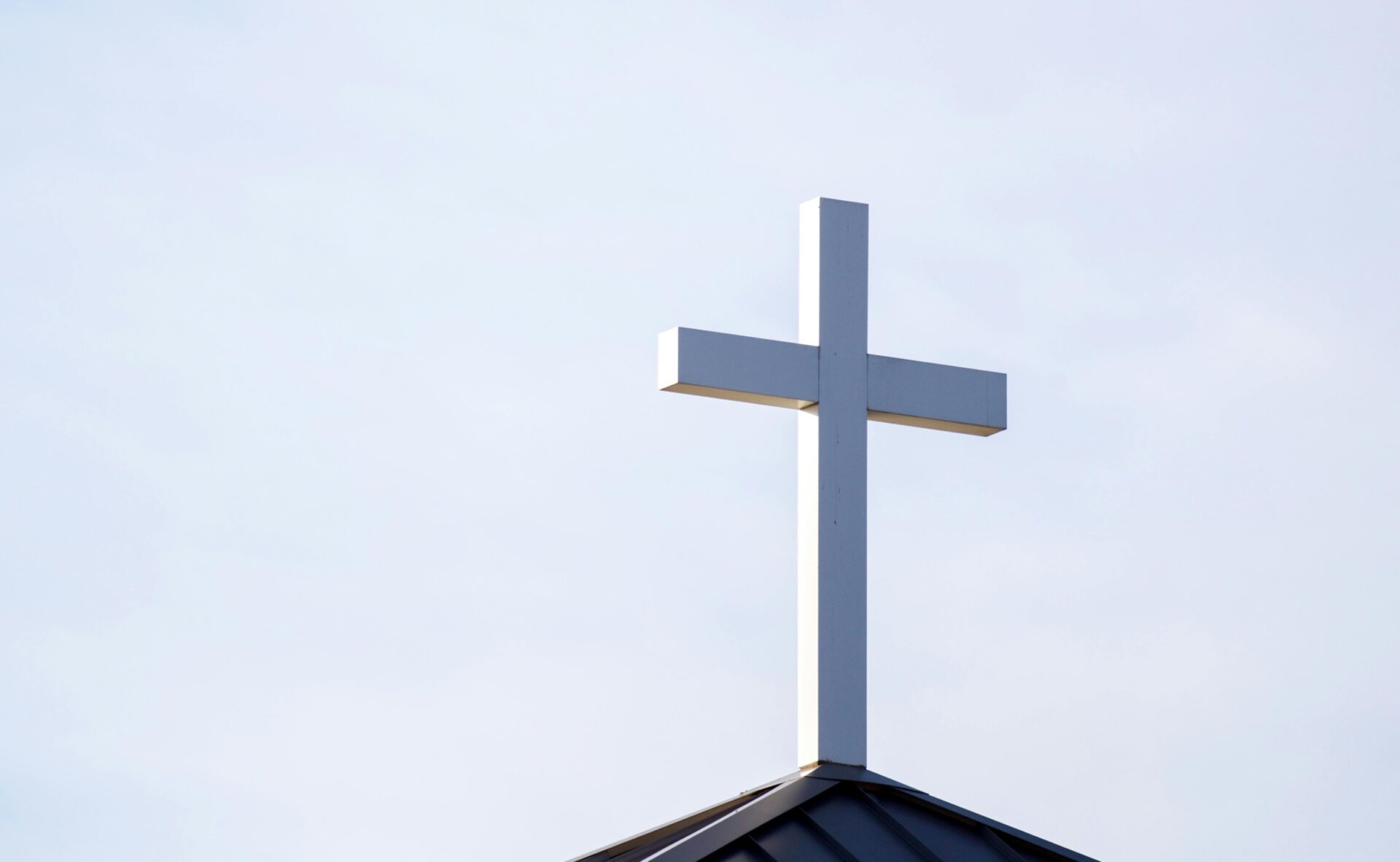
September 7, 2024
More Black Church Members Attend Services Online, Pastors Cite Lack In ‘Giving Time, Talent, And Tenth’
New findings cite the drop in in-person worship and how it's impacting the future of the Black church.
A new survey highlights the increased virtual church attendance and the challenges religious leaders face when conducting in-person services.
What started in 2020 because of a global pandemic has now turned into a growing number of believers opting to stay home on Sunday and watch church online. Research shows that the numbers are more critical regarding attendance at Black churches.
“While 13% of Protestants who belong to historically Black churches say they attend church in person and don’t regularly watch services virtually, most say they join services both in person and virtually (37%) or only watch remotely on screens (20%),” a June 2023 report from the Pew Research Center states.
As a result, faith leaders across the country are grappling with the evolving reality of hybrid worship methods.
“Pastoring the virtual church creates an accountability and connection challenge. It’s not dissimilar from the traditional congregation challenges,” Rev. Jamal Brown, Family Restoration Worship Center pastor in Philadelphia, tells Amsterdam News.
However, attending church virtually appears to be a root cause of the current decline of in-person worship.
Rev. Brown said that virtual churching has “offered people an opportunity to hide from the responsibility of giving time, talent, and tenth,” referring to churchgoers who offer donations and tithing when attending service in person.
“However, embracing the virtual church also exposed deficits in the church systems. What existed pre- was enhanced in the post-virtual church.”
Outside of the Black church, in-person worship has dropped from 42% of U.S. adults attending church service to just 30%, a Gallup study found. Church members’ reasons for opting for online service vary, from fear of contracting COVID-19 to physical challenges or just preferring to attend church from the comfort of their homes.
As in-person attendance continues to drop, many faith leaders and researchers are questioning what that means for the Black church as we know it.
“The future does not look good for organized religion in Black America, especially the historic traditions,” Jason E. Shelton, a sociologist and professor and director of the Center for African American Studies at the University of Texas at Arlington, said. “The Baptists are still the largest, but they’re losing people. The Methodists are really down small. The Pentecostals are losing, but they’re not losing nearly as many since they’ve always been small.”
Shelton continued. “The church has always been the vessel that we, as Black people, have used to have community and solidarity. It’s the church that connects [Black society], so as the nones” — Black people with no religious affiliation — “fall away from that, what does that mean for the community? What does that mean for Black music? What does that mean for Black politics? And what does that mean for the long-standing legacy of racial discrimination in this country?”